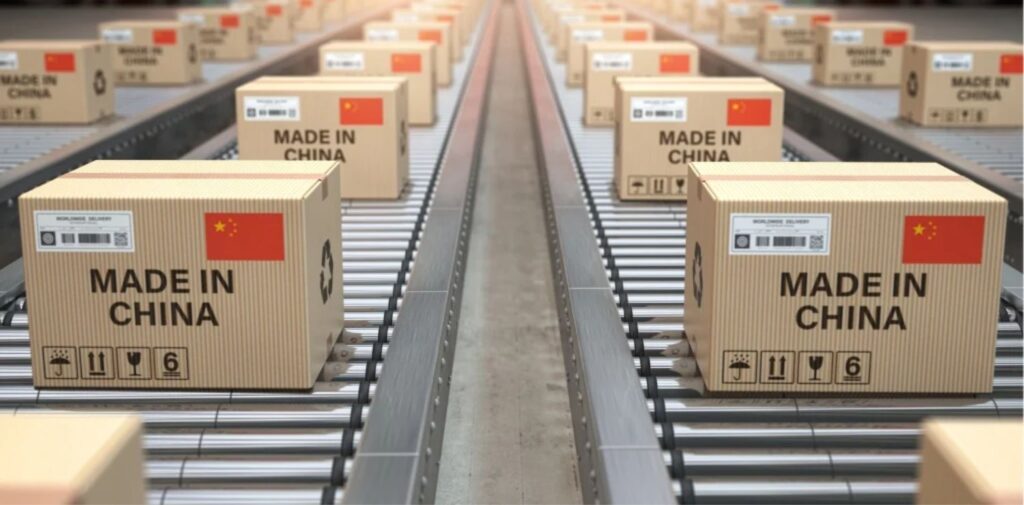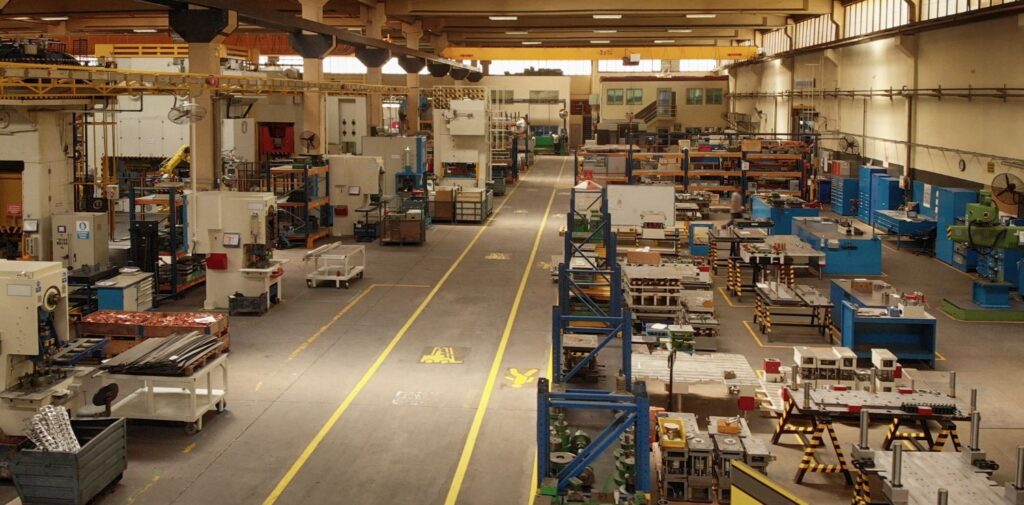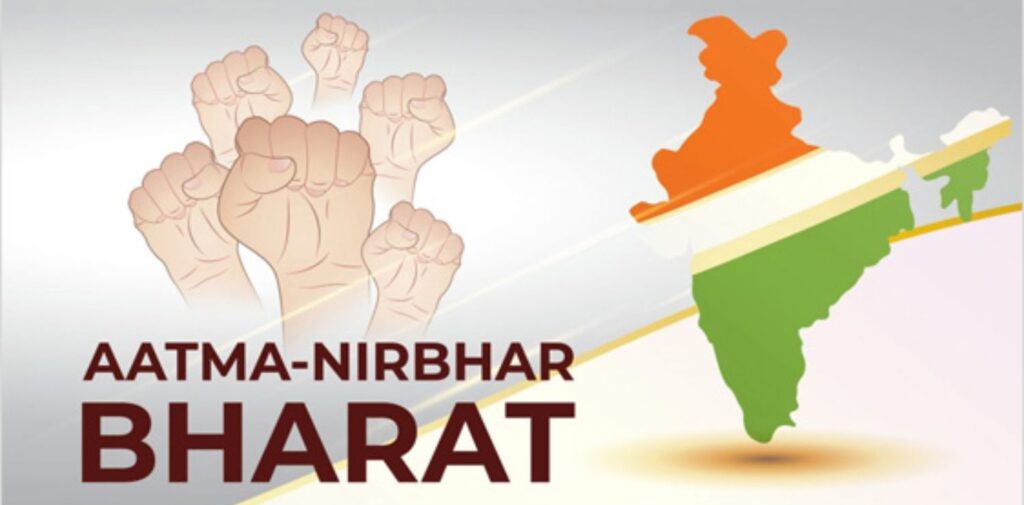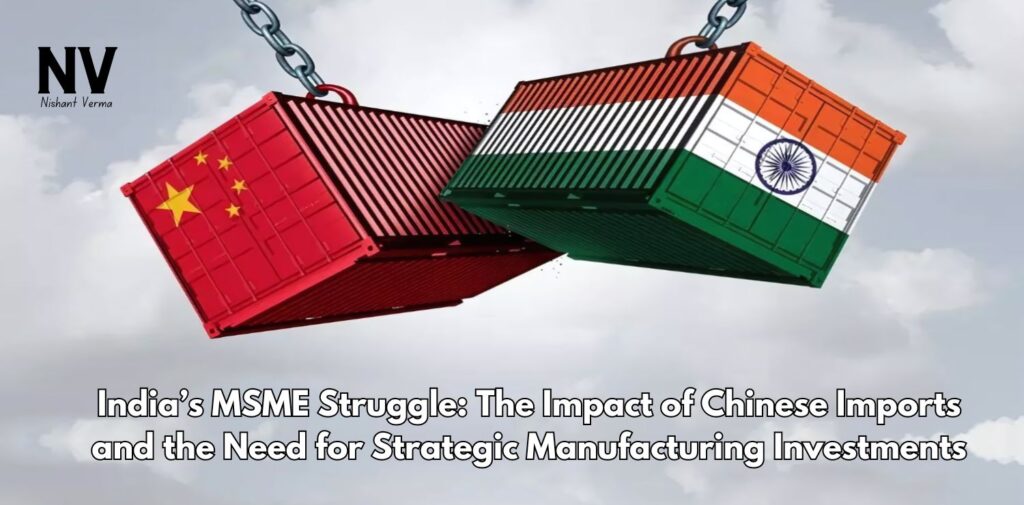Introduction: The Rising Challenge
The Indian economy, often described as a burgeoning powerhouse, has seen a surge in its global trade activities. However, the flip side of this growth story has been the increasing pressure on India’s Micro, Small, and Medium Enterprises (MSMEs). These businesses, which form the backbone of India’s industrial output and employment, are grappling with a significant challenge—the influx of Chinese imports. Low-cost goods from China, including everyday items like umbrellas and toys, have been steadily eroding the market share of Indian MSMEs, raising critical questions about the future of domestic manufacturing and economic independence.
The Overwhelming Influx of Chinese Goods
India’s trade relationship with China has always been marked by a significant imbalance. According to a report by the Global Trade Research Initiative (GTRI), the first half of 2024 saw India importing goods worth $50.4 billion from China, while exports to the country stood at a mere $8.5 billion. This enormous trade deficit, amounting to $41.9 billion, underscores the extent of India’s dependency on Chinese imports.

What makes this situation more alarming is the nature of the products being imported. China dominates the Indian market in several categories that have traditionally been the stronghold of Indian MSMEs. For instance, a staggering 95.8% of India’s umbrellas and sun umbrellas come from China, along with 91.9% of artificial flowers and human hair articles. Other sectors such as glassware, leather goods, toys, and even musical instruments have seen a similar influx of Chinese products, severely impacting local manufacturers.
The MSME Crisis: A Closer Look
MSMEs in India are not just businesses; they are a vital part of the socio-economic fabric, providing employment to millions and contributing significantly to the GDP. However, these enterprises are increasingly finding it difficult to compete with the cheap and often superior-quality goods flooding the market from China.
For many MSMEs, the challenge is not just about losing market share but also about survival. The GTRI report highlights that some businesses have been forced to shut down or scale back operations due to the relentless competition from Chinese imports. The repercussions of this are far-reaching, affecting job creation, local economies, and overall economic growth.
Moreover, sectors where Indian craftsmanship and local expertise once thrived, such as ceramics and furniture, are now witnessing a decline. The availability of low-cost Chinese alternatives has made it difficult for local producers to sustain their businesses, leading to a gradual erosion of traditional industries.
The Strategic Imperative: Investing in Deep Manufacturing
To address this growing crisis, experts like Ajay Srivastava, founder of GTRI, argue that India needs to rethink its industrial strategy. The key to reducing dependency on Chinese imports lies in investing in “deep manufacturing.” This approach involves building a robust domestic manufacturing base that can produce high-quality, cost-effective alternatives to imported goods.

Deep manufacturing is not just about setting up factories; it requires a holistic approach that includes improving supply chains, investing in technology, and fostering innovation. By doing so, India can not only protect its MSMEs but also enhance its global competitiveness.
For instance, the success of the Indian automotive and pharmaceutical sectors can serve as a model. These industries have managed to thrive despite competition from global players, thanks to sustained investments in manufacturing capabilities, research and development, and a supportive policy environment. Replicating this success across other sectors could be the key to revitalizing India’s MSMEs.
Government Initiatives and Policy Support
Recognizing the challenges faced by MSMEs, the Indian government has introduced several initiatives aimed at boosting domestic manufacturing. The “Atmanirbhar Bharat” (Self-Reliant India) campaign is one such initiative, emphasizing the need for local production and reducing dependency on imports.

However, for these initiatives to be truly effective, they must be accompanied by targeted policies that address the specific needs of MSMEs. This includes access to affordable credit, better infrastructure, and more importantly, protection from the dumping of cheap foreign goods. Anti-dumping measures, coupled with strategic trade policies, can provide the necessary cushion for MSMEs to compete on a level playing field.
Moreover, there is a need for greater collaboration between the government, industry bodies, and academic institutions to drive innovation and skill development. The future of Indian MSMEs depends not just on surviving the current crisis but on thriving in a competitive global market. This will require a concerted effort to build capabilities that can withstand external shocks and leverage emerging opportunities.
Conclusion: Charting a Path Forward
The impact of Chinese imports on Indian MSMEs is a pressing issue that requires immediate attention. While the challenges are significant, they also present an opportunity for India to re-evaluate its industrial strategy and make the necessary investments in deep manufacturing. By doing so, India can not only protect its MSMEs but also lay the foundation for long-term economic growth and resilience.
The road ahead will require bold decisions, strategic investments, and a commitment to building a self-reliant India. With the right policies and support mechanisms in place, Indian MSMEs can overcome the current challenges and emerge stronger, contributing to a more balanced and sustainable economic future.




